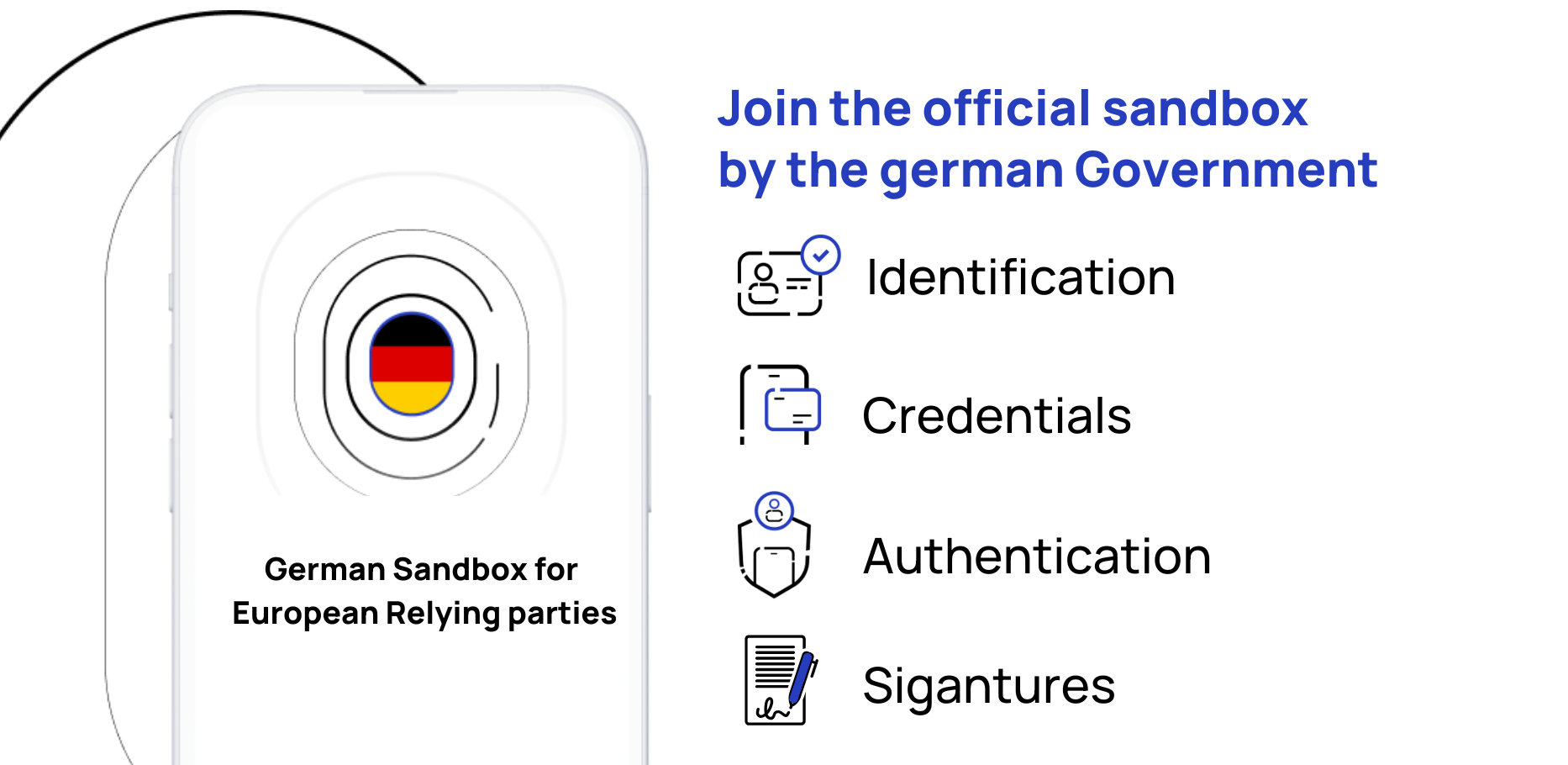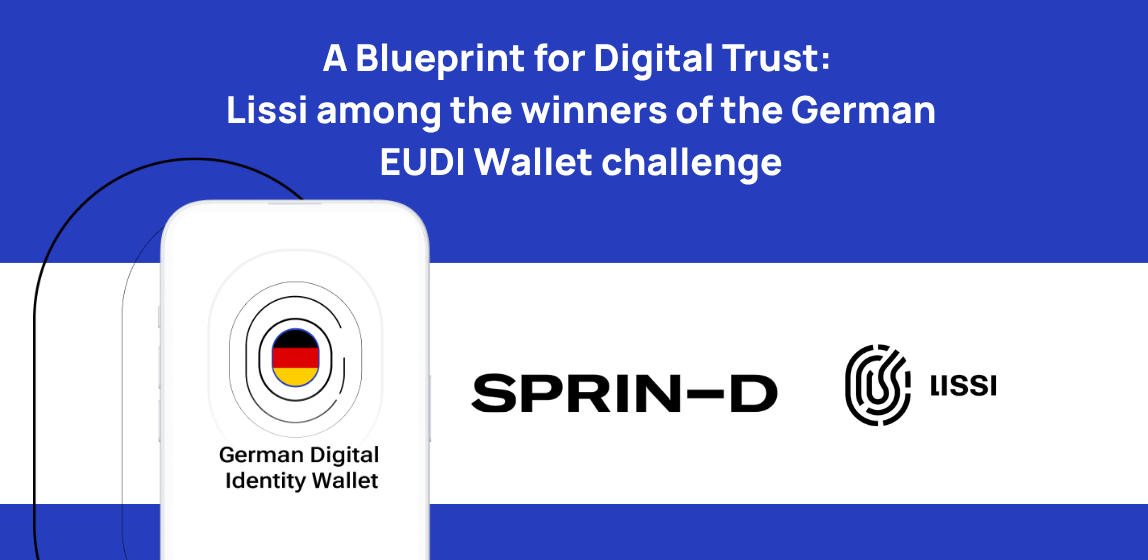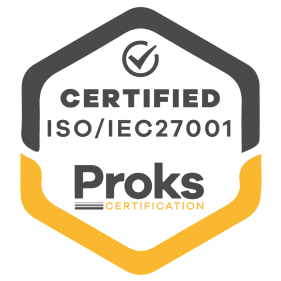Our Partners and Clients


"Our collaboration with identity innovators like Lissi is focused on securely tokenizing our payment credentials and integrating them into EUDI Wallets. This effort supports a trusted, interoperable digital identity ecosystem across Europe and aligns with our broader strategy to unlock the full potential of the EUDI infrastructure"
Michele Centemero
EVP, Services Europe - Mastercard


"Lissi's EUDI-Wallet Connector software enables us to easily integrate EUDI Wallets into our existing processes such as identification and qualified electronic signatures. We particularly appreciate the competent and reliable team we've been working with for more than four years".
Alexander Eßer
Director Security & Trusted Services - Bank Verlag GmbH


“Our partnership with ServiceNow integrates the Lissi EUDI Wallet Connector, enabling seamless eIDAS 2-compliant credential management. ServiceNow user can benefit from secure, efficient identity verification directly within their processes.”
Read more



“As a strategic Ping Identity partner, Lissi embeds EUDI Wallet capabilities directly into Pings IAM ecosystem.We enable organizations to meet eIDAS 2.0 acceptance requirements securely and frictionlessly”
Read more



































.webp)








